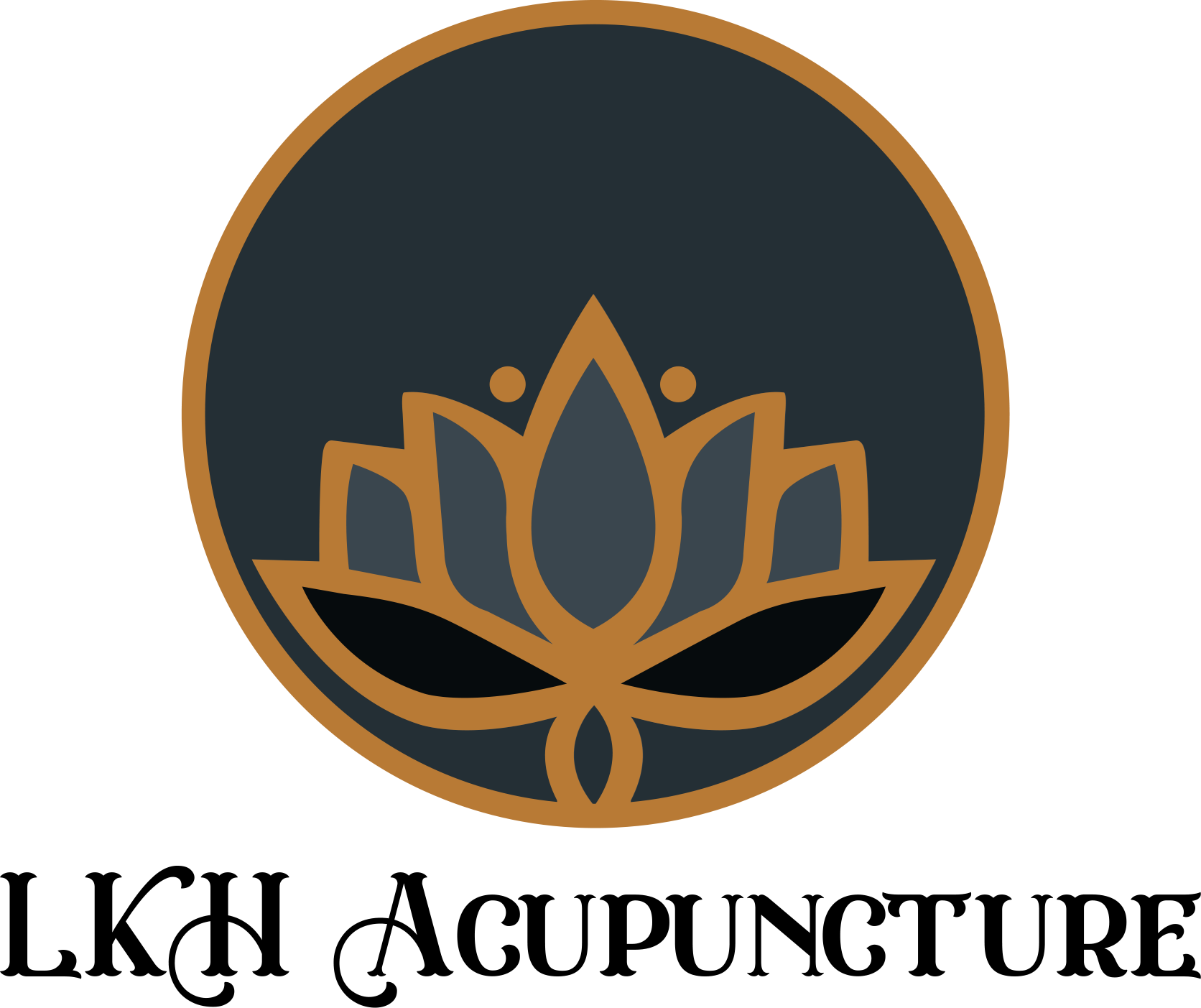Recently I been wondering why I’ve been going to bed earlier. Turns out that some people just naturally adjust to daylight savings time. But others may not be so fortunate and may suffer quite a bit during the switch to Daylight Saving Time. Did you know that there are increased cases of heart attacks during this time?
Acupuncture and Traditional Chinese medicine (TCM) explains the correlation between the heart and sleep. According to TCM, a normally functioning heart allows the mind to rest at night which leads to a sound sleep. If the sleep is affected the heart may also be affected. According to a study in Cardiology Reviews,
“Although the effects of sleep deprivation on our organs have been obscure, recent epidemiological studies have revealed relationships between sleep deprivation and hypertension (HT), coronary heart disease (CHD), and diabetes mellitus.” (DM). Click here to read the full article.
Here are some suggestions to prepare for Daylight Savings
- If you are already experiencing insomnia, Acupuncture may be an excellent choice. Most people find the treatment very comfortable. The needles are quite thin, barely felt and are inserted just under the skin.
- Another suggestion according to Dr. Tina Waters MD, “two weeks before springing forward go to bed and wake up 10 minutes to 15 minutes earlier daily. This helps your body slowly adjust.” Click here to read more!
- According to the Alaska Sleep Clinic “Keep your routine after the change. Go to bed and wake up at the same time everyday including weekends. Having a great sleep routine will help you adjust to the time shift quicker. Even though your body may not recognize right away that it’s bedtime, after a few days it will quickly fall into the new schedule.” Click here to read the full article.
- During the day go outside and get as much light as possible in the early part of the day and avoid light later in the day especially before bedtime. “Circadian rhythms are physical, mental, and behavioral changes that follow a daily cycle. They respond primarily to light and darkness in an organism’s environment. Sleeping at night and being awake during the day is an example of a light-related circadian rhythm. Circadian rhythms help determine our sleep patterns. The body’s master clock, or SCN, controls the production of melatonin, a hormone that makes you sleepy. It receives information about incoming light from the optic nerves, which relay information from the eyes to the brain. When there is less light—like at night—the SCN tells the brain to make more melatonin so you get drowsy.” Check out this well research paper.

